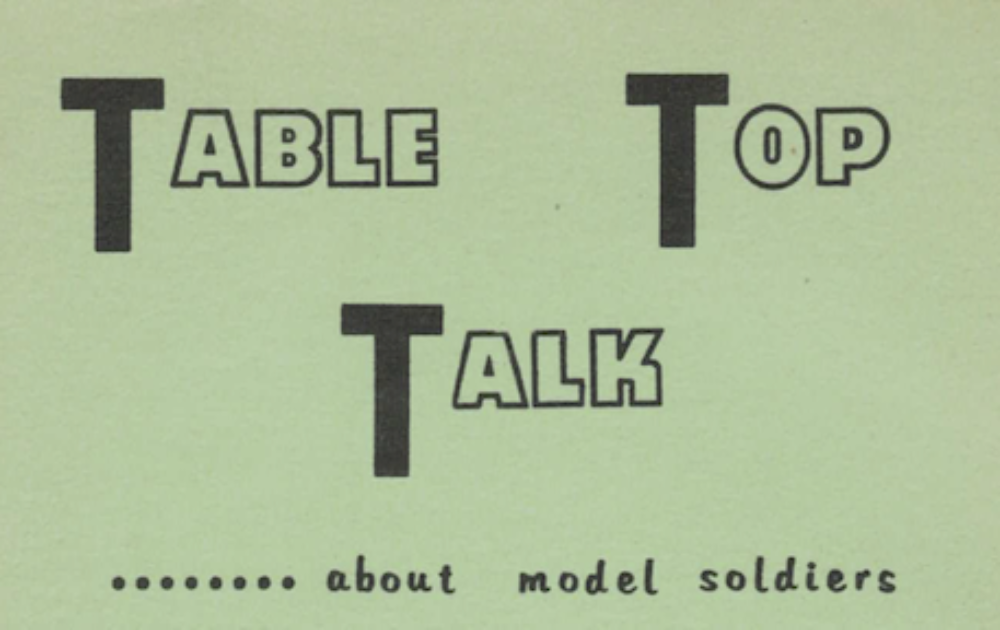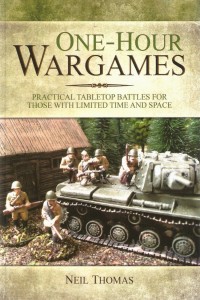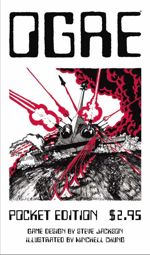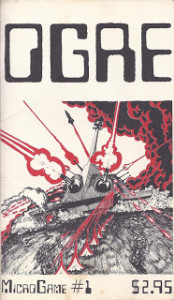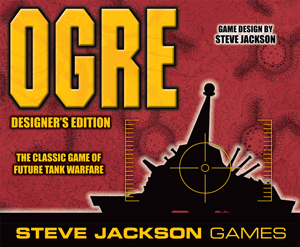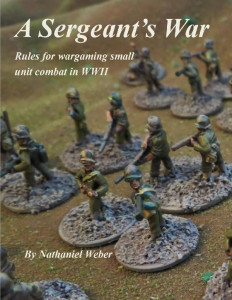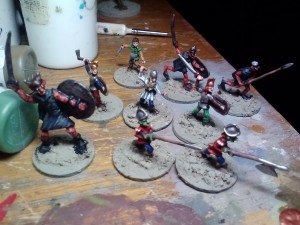We’ve been looking over and toying with the rules presented in the Neil Thomas book, One-hour Wargames.
There are plenty of reviews online. Some favorable, others not – most are in agreement that the rules presented are very basic, and would be good for the causal gamer or to introduce newcomers. We like casual games and are always looking to attract new historical gamers, so we plan on playing a number of games based on the rules presented in this book.
Note: This post was originally written to be posted (automatically) on the 8th, before we had a chance to actually play any games with these rules. Saturday (7th) turned out to be a game day; so we had a chance to play with the rules before posting the article. Anyhow, many edits later we are posting, with some games under out belt – hopefully the edits haven’t introduced any confusion.
For our first games we will be trying out the Horse and Musket Wargame Rules from Chapter 11. Since we already have numerous based and painted figures we are working with what we have on hand.
For SYW we already have numerous Scruby N-Gauge figures, painted, based and ready to rumble. Our (Infantry) figures are on bases with 14 figures and a frontage of 2 1/2″. All of our bases have a frontage of 2 1/2″ – where the rules are presented in the book call for a frontage of 4″ to 6″ (Infantry & Cavalry, with Artillery frontage 2″ to 3″) with the game being played on area measuring 36″ x 36″. Our first changes shrink things to fit our based & painted figures – All unit frontages will be 2 1/2″ and the play area will be 24″ x 24″. This should work out nicely, as we can easily setup multiple games (side-by-side) on a standard (folding) banquet table; which just happens to fit the tables at the local game shop (The Labyrinth Games).
Next we need to adjust movement and firing ranges to fit our new, reduced, size play area. No real chore here, as we will simply cut distance/range by 1/3 (rounding down to stay with whole numbers).
Adjusted Movement and Range:
| Move | Range | |
| Infantry | 4″ | 8″ |
| Skirmishers | 6″ | 8″ |
| Artillery | 4″ | 18″ |
| Cavalry | 9″ | — |
Our only other modification for movement is that when failing to destroy an enemy, the attacking Cavalry units will retreat 3″ after combat has been resolved.
The rules call for 15 hits to eliminate a unit. We have changed this to 10 and have added a saving throw for hits. When a unit takes hits, a roll of 1-2 will Save (one roll per hit). The Saving throw keeps both players involved and makes a nice balance.
We will be making a new game board to use as a play area. I’ve been wanting to do something with chalkboard paint, and this seems like the perfect fit. I’ll be starting with a 24″ square piece of hardboard. Painting the edges black while the top surface will be painted with green colored chalkboard paint. From there we will use colored chalk to draw out roads, rivers, forest boundaries and the like. We will still use wood blocks or foam board for hills and model trees for trees. We use 6mm buildings for most of our N-Gauge games, and I suspect that we will do the same here, perhaps with a chalked in boundary.
Now that we have a few games under our belts, I’m seeing some of the major weaknesses of the system: Artillery is too powerful (thus our shorter range, but we need further refinements for artillery). Without Infantry melee, the game quickly devolves to “stand and shoot” with little maneuver. Admittedly, our test games were light on blocking terrain, but still open fields, should still allow/cause more maneuver than were found necessary. Of course the whole idea behind these rules is a quick and easy game. They do provide that; but a good game needs more – maybe not a lot more, but something more. I think next we will try some English Civil War battles – rules are very similar – I have some 15mm figures based for this, the stands about the sizes called for in the written rules, so we shall work with play area [size] and measurements as written and see how that goes.
I’ve not given up on this small, fast playing game, but I do believe that we will need to add some more to it; but we will keep it simple, as that will be inline with my goals.
